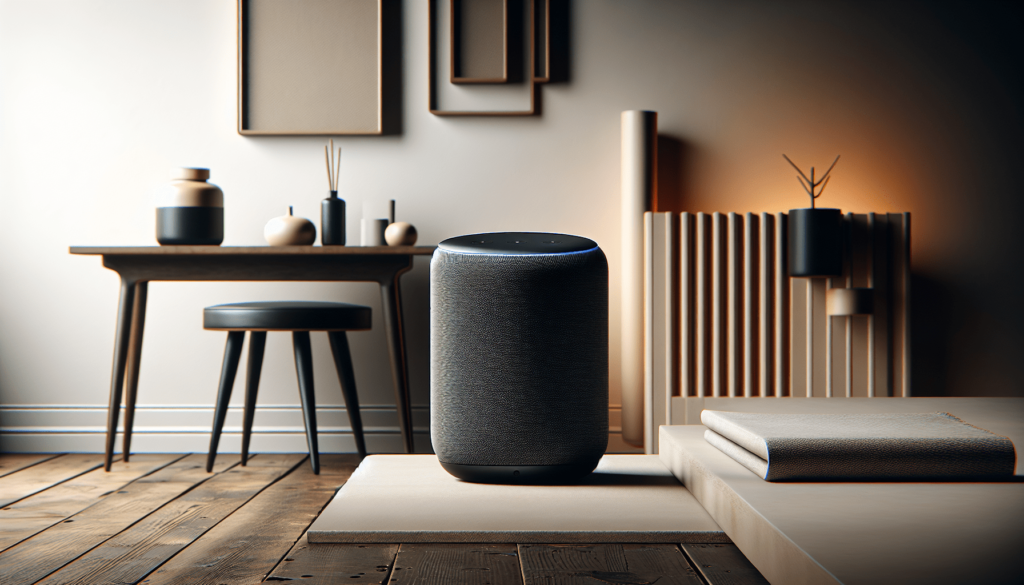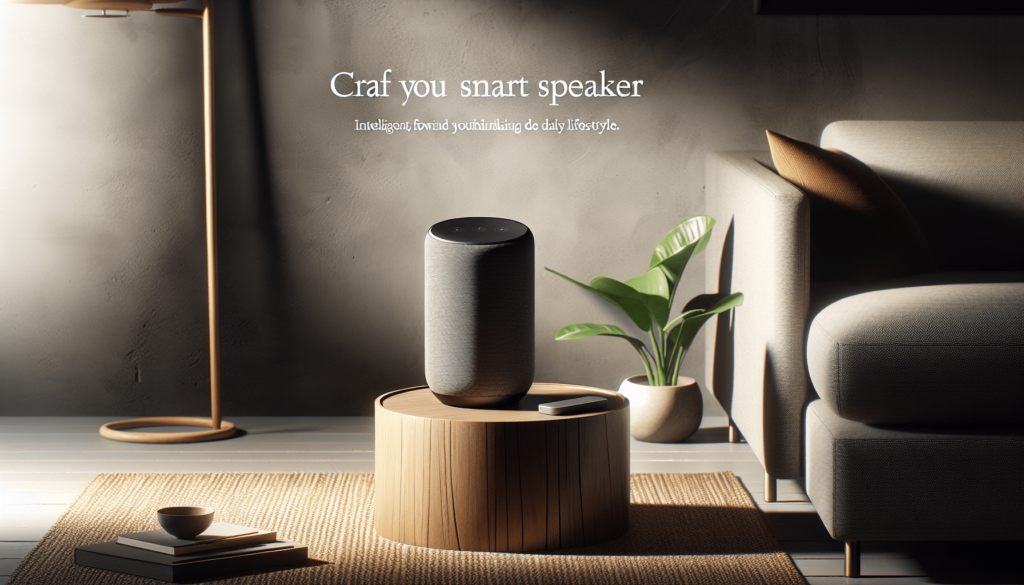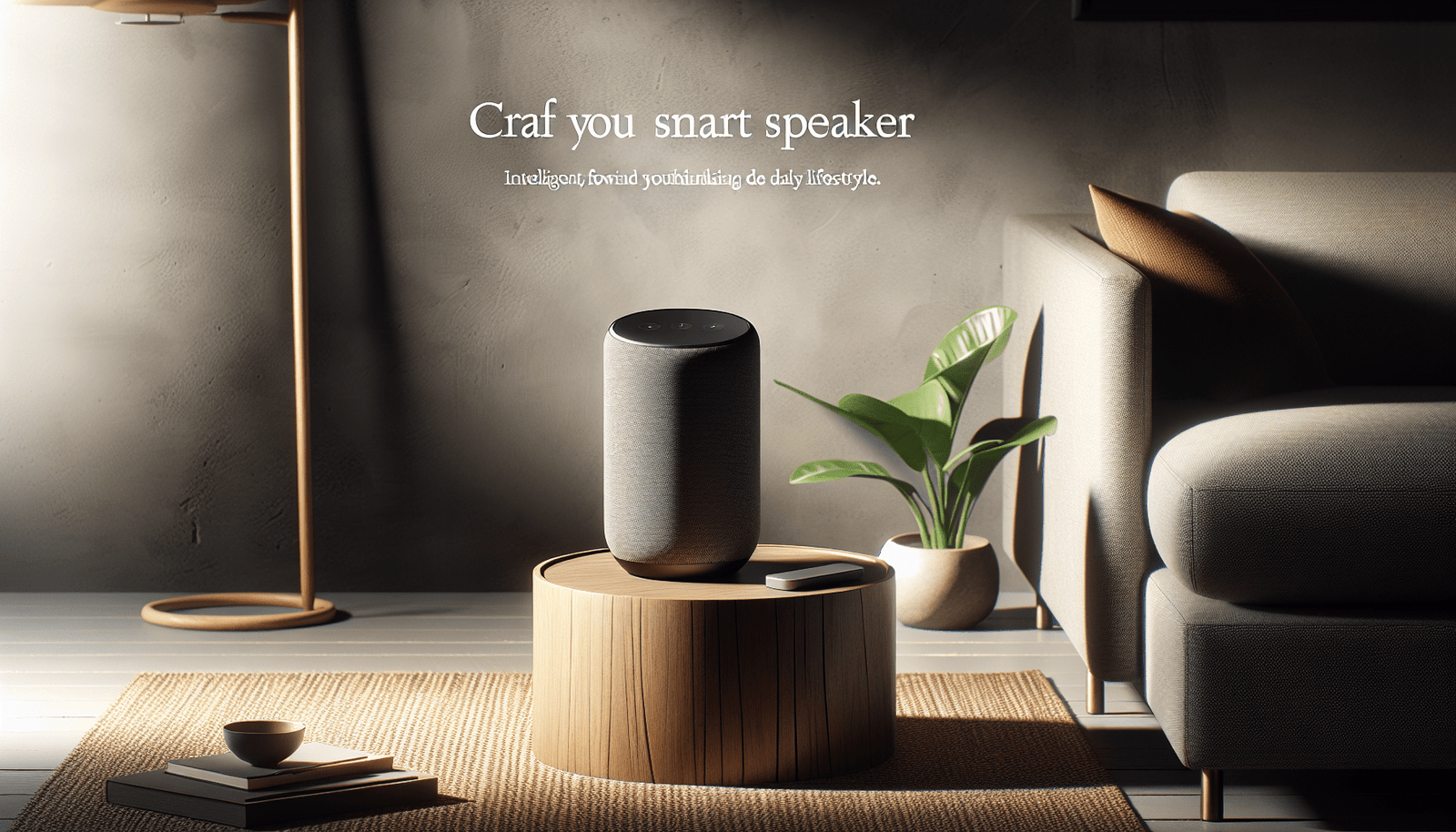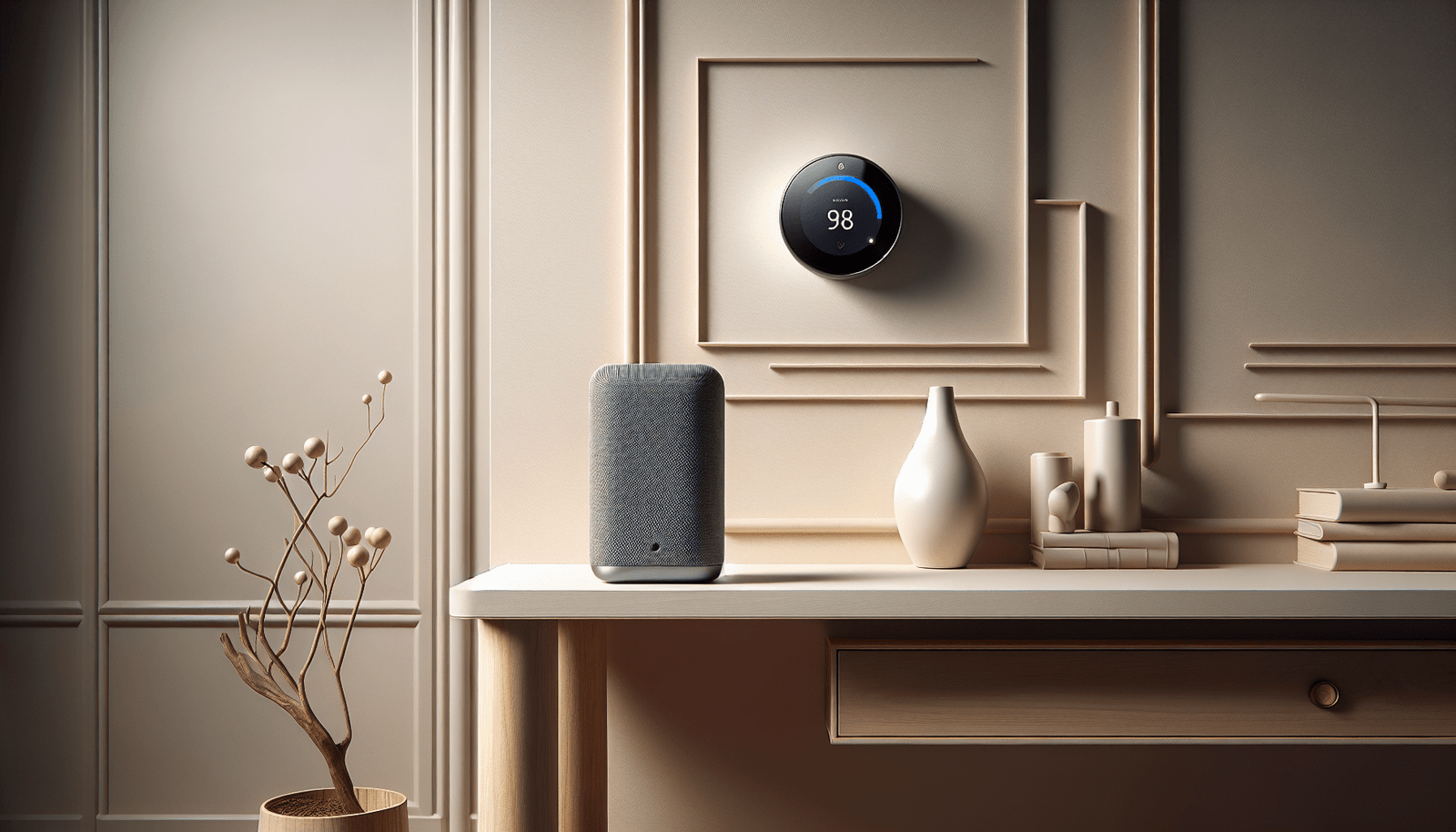Have you ever wondered if smart speakers are truly worth the investment? With both smart speakers and smart hubs becoming central components of modern smart homes, this is a question many tech enthusiasts and beginners alike find themselves pondering. Smart speakers aren’t just another technological fad; they’re changing the way we interact with our homes and the technology within them. But with numerous choices available—each boasting various features—how do you know if they are the right fit for you?
Understanding Smart Speakers and Smart Hubs
What are Smart Speakers?
Smart speakers are voice-activated devices that connect to the internet, providing not just answers to questions, but also controlling other smart devices, playing music, setting reminders, and more. They’re typically equipped with virtual assistants like Amazon Alexa, Google Assistant, or Apple Siri, making them incredibly versatile. Whether you’re asking for a weather update or controlling your smart lights, smart speakers have become invaluable for various daily tasks.
What are Smart Hubs?
Smart hubs, on the other hand, serve as centralized systems that connect and manage multiple smart devices. While some smart speakers have hub capabilities, standalone smart hubs are specifically designed to integrate various devices into a cohesive system. They further enhance automation possibilities by managing everything from smart locks and lights to thermostats and security systems.
Key Benefits of Smart Speakers
Convenience and Ease of Use
One of the biggest draws of smart speakers is their convenience. These devices enable hands-free operation, allowing you to multitask with ease. Imagine cooking and needing to know a recipe—simply speech-request it, and your smart speaker is ready to assist.
Music and Entertainment
For music lovers, the sound quality of smart speakers is a huge advantage. Not only can you stream your favorite tunes across various platforms, but many smart speakers also offer multi-room audio features, allowing you to enjoy your music in multiple areas of your home. This capability turns any gathering into an immersive audio experience.
Integration with Other Devices
Smart speakers excel at integrating with a vast array of smart home devices. Controlling your lighting, adjusting your thermostat, or even seeing who’s at the front door can be managed seamlessly through voice commands. This kind of integration simplifies device management significantly.
Setting Up Routines
Through automation features, you can set up routines that sync with your schedule and lifestyle. You could have your speaker gradually turn on your bedroom lights, play your favorite morning playlist, and read out today’s schedule as you wake up. These personalized touches make daily routines smoother.

Key Benefits of Smart Hubs
Enhanced Compatibility
Smart hubs are known for their enhanced compatibility with various smart home devices. Unlike some smart speakers, they can connect to a broader range of devices from different manufacturers, ensuring that your devices work harmoniously irrespective of brand.
Centralized Control
With a smart hub, you get centralized control over all connected devices. This can simplify automation and management, giving you the power to configure everything through a single app or interface. It’s perfect for users with multiple smart devices scattered throughout their homes.
Improved Security Features
Many smart hubs provide robust security features, making them an essential tool for privacy-conscious users. They often support encrypted connections and monitoring services, helping safeguard your devices and personal data against unauthorized access.
Comparing Smart Speakers and Smart Hubs
| Feature | Smart Speaker | Smart Hub |
|---|---|---|
| Voice Control | Yes | No |
| Music and Entertainment | Excellent | Limited |
| Device Integration | Good | Excellent |
| Central Control | Decentralized | Centralized |
| Automation | Good | Excellent |
| Security Features | Basic | Advanced |

Choosing the Best Option for You
Evaluate Your Needs
Before diving into a purchase, consider what you want to achieve with your smart home setup. If music and voice assistant functionalities are your primary interests, a smart speaker might be your best bet. For extensive device integration and centralized management, a smart hub may serve you better.
Consider Your Budget
Smart home investments can add up, so it’s crucial to weigh cost against functionality. Some devices offer the best of both worlds, combining speaker functions with hub capabilities. Reflect on your budget and the degree of functionality you expect to inform your purchasing decision.
Compatibility Matters
Before purchasing, ensure that your chosen smart speaker or hub is compatible with your existing devices. Not all devices are universally compatible, and checking compatibility ensures smooth integration and use.
Addressing Privacy and Security Concerns
Understanding Privacy Implications
With the capability to record and analyze voice commands, privacy is a significant concern for many users. It’s essential to understand what data is being collected and how it’s used. Most manufacturers provide policies on data protection and privacy, but it’s wise to review them for peace of mind.
Securing Your Smart Devices
To mitigate privacy risks, there are a few steps you can take:
- Regularly update your device software to benefit from the latest security patches.
- Use strong, unique passwords and change them periodically.
- Deactivate the microphone when the device isn’t in use if you are worried about being constantly listened to.
How to Disable Voice Recordings
Most smart speakers allow you to disable voice recordings or delete stored recordings regularly. These options can usually be found in the device’s settings menu, offering added peace of mind over your privacy.
Energy Consumption and Smart Speakers
Are They Energy Efficient?
Smart devices, including speakers and hubs, are generally designed to be energy-efficient. However, they do consume power continuously, as they need to be on standby to identify voice commands and maintain connectivity.
Tips for Reducing Energy Use
To minimize energy consumption, consider the following tips:
- Plug your devices into smart power strips that cut off power when devices are not in use.
- Schedule specific times for the devices to be powered down, especially during periods when the home is empty.
Troubleshooting Common Issues
Connectivity Problems
Loss of connection is a common issue for smart devices. Ensure your Wi-Fi network is stable and that your devices are within range to maintain a reliable connection.
Voice Recognition Quality
If your smart speaker occasionally misunderstands commands, check its placement. Noise and obstructions can interfere with voice recognition. Ensuring the device is stationed in an open area with minimal background noise will enhance its performance.
Device Integration Issues
If your smart speaker or hub isn’t integrating smoothly with other devices, check compatibility and look for manual pairing options within the app associated with your devices.
Conclusion: So, Are They Worth It?
In the rapidly evolving landscape of smart home technology, determining whether smart speakers and hubs are worth it comes down to individual needs and preferences. For tech enthusiasts eager to create a fully connected home environment, both smart speakers and hubs offer invaluable benefits. They transform daily living, offering conveniences that span music enjoyment, efficient home management, enhanced security, and optimized energy use.
However, for the privacy-conscious user or those cautious about energy consumption, it’s worthwhile to explore current technological capabilities and constraints thoroughly. Ultimately, the value of smart speakers and smart hubs hinges on how well they align with your lifestyle and enhance your home experience. Making an informed decision will ensure that these investments deliver the maximum benefit and satisfaction.
Frequently Asked Questions
Can smart speakers work without Wi-Fi?
Smart speakers require Wi-Fi for most of their functionalities. However, some basic features like playing music via Bluetooth may work without an internet connection.
Is it possible to use multiple assistants within one smart home?
Yes, it is possible, but integration and seamless operation can differ depending on device compatibility and ecosystem constraints.
Can smart speakers control non-smart devices?
Indirectly, yes. Using smart plugs or smart switches, these devices can control traditional appliances, transforming them into smart ones via automation.
Smart speakers and hubs open up a world of possibilities, enhancing and reshaping how we engage with our home environments. By aligning your choices with your needs and conducting thorough evaluations, you can fully embrace the benefits of this innovative technology.
Disclosure: As an Amazon Associate, I earn from qualifying purchases.





